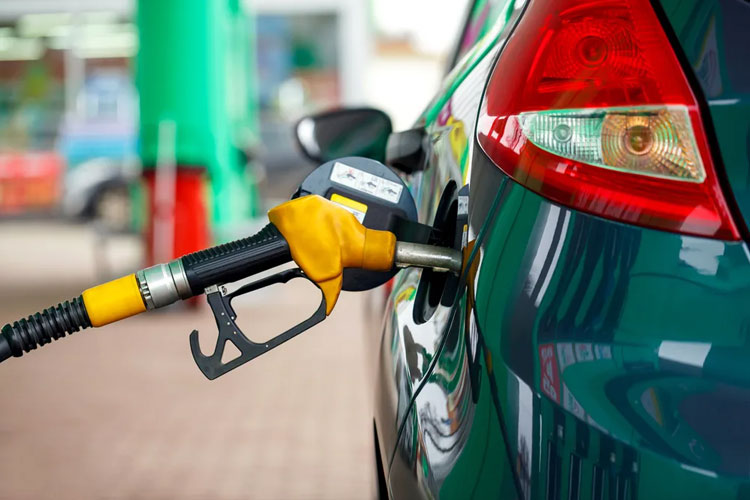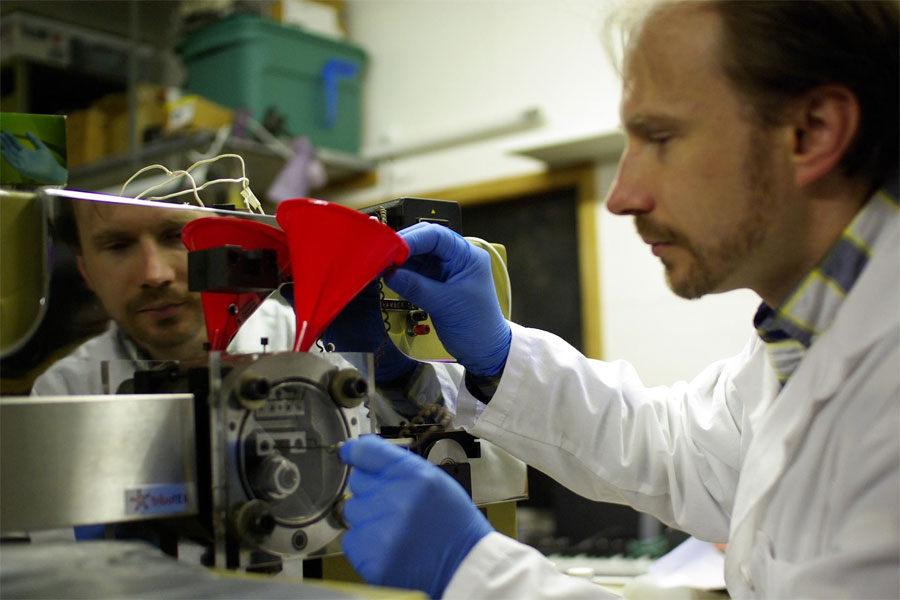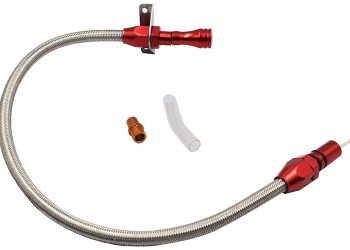Generally, drivers face various problems like combustions and starting the car due to less efficient fuel. Therefore, drivers preferred to use gasoline due to its high energy consumptions and capacity to mix readily with air in a carburetor.
Most drivers preferred the most efficient vehicle, which consumes less fuel. It depends on the drive’s choice. Therefore, most of the companies use gasoline compatible engines like Honda Insight or Toyota Prius.
Gasoline
Gasoline is a refined product of petroleum. It contains a mixture of hydrocarbons, additives, and blending agents. The typical composition of gasoline hydrocarbons is as,
- Alkanes 4-8%
- Alkenes 25-40%
- Isoalkanes 3-7%
- Cycloalkanes 1-4%
- Total aromatics 20-50%
- Benzene 0.5-2.5%
How Long Does Gasoline Last?
Usually, gasoline lasts anywhere for three to five months if stored in an airtight, clean plastic container.
For complete protection and gasoline safety, stored it in small-sized containers due to less exposure to the air, which helps preserve your gasoline. A fuel stabilizer helps to increase the life span of your fuel. So these petroleum-based additives allow your gasoline to last between one and three years.
Colors According to the Types of Gasoline
Gasoline is transparent. Once gasoline is extracted, all you will get is a clear and transparent liquid. But different dye colors are used in each one type of gasoline types,
- Regular gasoline is greenish or slightly bluish.
- Midgrade gasoline is usually yellowish.
- Premium gasoline is the gasoline with high octane ratings, is usually pink in color.
Efficiency Of Gasoline
In the modern world, gasoline efficiency is measured in terms of thermal efficiency, and most gasoline engines average around 20% thermal efficiency, which is used to power a car. It enhances the internal combustion properties of the machine.
It can resist knocking, which indicated that the combustion of fuel vapors in the cylinder is taking place too rapidly for efficiency expressed in octane number.
Identification Of Old Gas
Labeling and proper storing and knowing how long it takes for gasoline to go wrong is your first defense against using too old fuel. The smell of the gas is also an indication of the quality and life of the gas. If you smell sour, it indicates the sour gas that is gone badly.
Ways To Dispose of The Gasoline
For disposing of gasoline, we first check the appearance and smell of gas to identify its usability. Before disposing of the gasoline, firstly, pour some gasoline gas into a clean container.
If gas is left outside, you watered down it. It is not crucial to know how to dispose of gasoline with water because they will separate easily with the gas rising on the top. Then settle down it for some time and pour the gas into another container. To catch the trace gases in the box, pour the water through the rug. If you find that gas is working correctly, you can use it.
Moreover, if you see that the gas is dirty, unstable, then empty it into a disposable, gasoline approved jug. For easy pouring, you can use a funnel. Beside it, the older gas is not contaminated; we can dilute it with fresh fuel.
Determine where you can take the gas safely for disposal. There are some options which you can consider:
- Recycling Centers: Some municipalities offered gasoline recycling.
- Hazardous Waste Centers: Some government centers also have a facility for gasoline disposal, but you have to pay for this, so be aware of that before you go. There is a difference between these and recycling centers because waste disposal centers do not repurpose or recycle gasoline.
- Paid Disposal Service: In some countries, you may find a service that will come and pick up your old gasoline from your home to the disposal centers.
- Community Collection Events: Some areas or cities hold regular recycling events in which people are encouraged to recycle or disposed of the gas.
- Local Fire Department: Some local fire departments will dispose of gasoline. If they have not serviced, they’ll give the best options in your nearby areas.
- Auto Garage: Mechanics already have some fluids to dispose of, like old oil and other liquids that drain out from cars.
In case if you cannot move to recycle or disposal centers, you will be sure that the lid of the container is tightly bound, then store it in a cool place. Do not dispose of the old gasoline.
- Don’t throw old gasoline.
- Don’t pour the old gas in the drain.
- Don’t store gas cans outdoors.
Does Dose Gasoline Expire?
Yes, gasoline can be expired. It depends on various factors, such as what type of it is and how and where it is stored. Heat, moisture, oxygen are such common conditions that can affect the condition of stored oil.
Why Is Gasoline Terrible For Health?
Gasoline is terrible for human health because it is a toxic and extremely flammable liquid. At room temperature, it is usually colorless or pale brown, or pink. Gasoline is not bad when we ingest it, but it can also cause skin and eye irritation.
Burning Of Gasoline
When gasoline is burning, it releases various harmful chemicals such as carbon monoxide. Carbon monoxide is an odorless gas and colorless gas. It is deadly when it is inhaled in high concentrations and for a prolonged time.
Gasoline Poisoning And Its Symptoms
It has adverse effects on the functioning of the central nervous system (CNS) and can damage organs. It depends on factors such as
- Whether it is inhaled, swallowed, and touched by a person.
- How many concentration is inhaled
- Exposure length
- Person body weight, age, and sex
- Reaction with other chemicals
Symptoms of inhalation
- Dizziness
- Headache
- Coughing
- Reduced vision
- Convulsions
- Coma like conditions
- Weakness
Causes Of Gasoline Poisoning
Most people who come in contact with gasoline are workers who work on pump stations. Those who work with machinery have a higher risk of health problems because they have daily exposure to gasoline, gasoline vapors, or other fuels such as diesel and kerosene.














